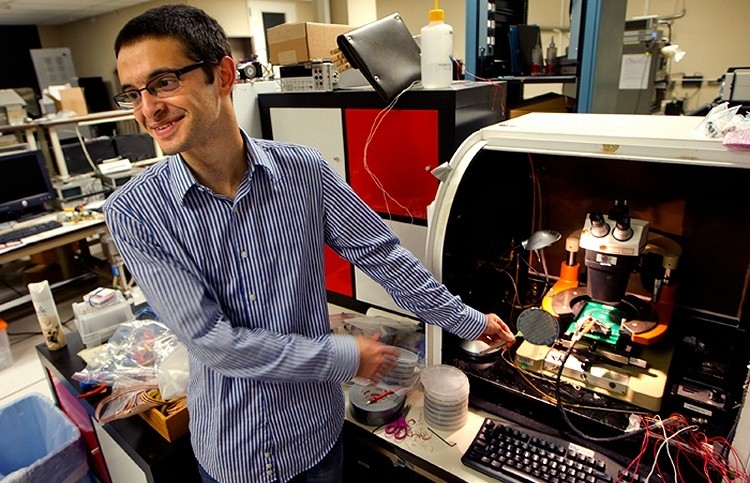
A team of researchers from Stanford University have revealed the first-ever computer based on carbon nanotubes, the material that is widely expected to replace silicon as the building block of future computers.
Max Shulaker, a co-author on the paper announcing the build, said this is the most complex electronic ever built with carbon nanotubes. He noted there has been a lot of hype around this field but some weren’t actually sure if carbon nanotubes could be used in a practical manner like this.
Building on previous work from IBM and several others, the machine they have built is extremely basic. It consists of just 178 transistors and runs a simple operating system that is able to count and sort numbers. It may not sound like much but it has taken years of hard work to reach this milestone using carbon nanotubes.
As the name suggests, carbon nanotubes are small cylinders constructed of carbon atoms. When used as transistors, their small size means many of them can fit onto a single chip compared to silicon transistors. Small size and other attributes like high conductivity and speedy on-off ability would in theory lead to faster and more efficient computing.
One of the hurdles the team had to overcome, however, was the unpredictability of carbon nanotubes. Sometimes they tend to self-assemble which can lead to them taking on metallic properties – ultimately causing a short circuit. As you can imagine, a chip with a billion transistors with unpredictable behavior isn’t exactly ideal.
Those challenges were overcome using a process known as imperfection-immune design. Along with a special algorithm, they claim it’s scalable to support industrial manufacturing which means it could start to compete with silicon.